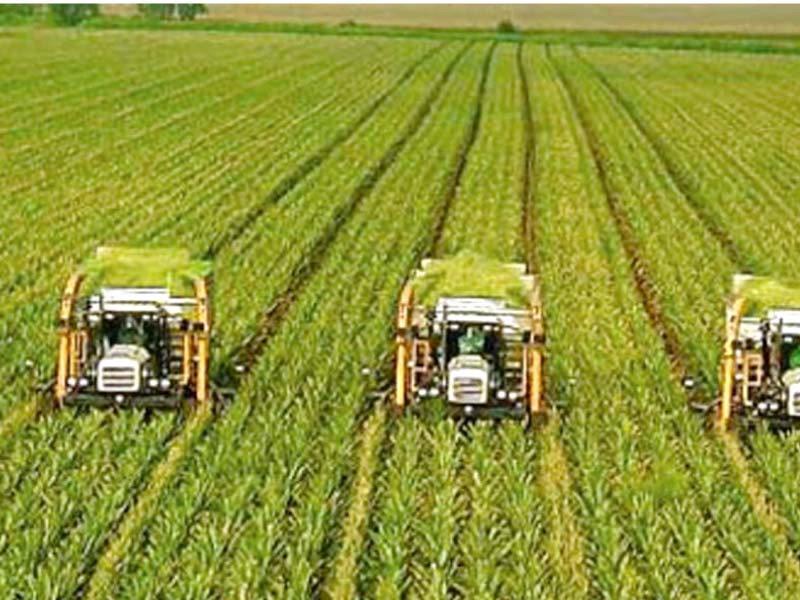Leveraging Cold Chain Logistic
Leveraging cold chain logistics is crucial for enhancing the efficiency and quality of Pakistan’s agricultural exports. By maintaining optimal temperature control.
Pakistan’s agriculture industry is the backbone of the country’s economy, making a substantial contribution to exports, GDP, and jobs. The nation is a significant producer of dairy, meat, and vegetable products. However, a major amount of agricultural exports goes untapped due to weak logistics infrastructure, notably in the field of cold chain logistics. Pakistan’s agricultural exports might change dramatically if an effective cold chain infrastructure is established, opening up new markets and helping the nation realize its full potential.
The Importance of Cold Chain Logistics in Agriculture
Cold chain logistics refers to the transportation and storage of temperature-sensitive products in a controlled environment to preserve their quality, freshness, and safety from the point of origin to the final destination. For agricultural products like fruits, vegetables, dairy, and meat, maintaining an unbroken cold chain is critical to prevent spoilage and degradation.
Key Benefits of Cold Chain Logistics in Agriculture:
- Preservation of Freshness and Quality: By maintaining optimal temperatures, cold chain logistics prevent food spoilage and retain the freshness of produce, which is crucial for exports.
- Minimized Losses: Pakistan suffers significant post-harvest losses due to the lack of proper cold storage and transportation. Cold chains reduce these losses, ensuring that a higher percentage of produce reaches foreign markets in sellable condition.
- Extended Shelf Life: Cold chain systems extend the shelf life of perishable products, allowing exporters to target distant markets while maintaining product quality.
- Compliance with International Standards: Many countries have stringent requirements for food safety and quality, especially for perishables. A robust cold chain infrastructure helps Pakistani exporters meet these standards, opening up new market opportunities.
Cold Chain Logistics
A temperature-controlled supply chain system that maintains the quality and safety of perishable products, ensuring they remain at optimal temperatures throughout storage, transportation, and distribution processes.
Agricultural Exports
Goods produced in the agricultural sector that are sold to markets outside the country. This includes fruits, vegetables, grains, and other food products. Effective cold chain logistics can significantly enhance the quality and marketability of these exports.
Supply Chain Management
The coordination of all activities involved in the production and delivery of goods, from raw materials to the final consumer. Effective supply chain management is crucial for ensuring timely deliveries and maintaining product integrity, especially for perishable items.
Temperature Control
The process of maintaining specific temperature ranges during storage and transportation to preserve the quality and safety of perishable goods. This is essential in preventing spoilage and ensuring product freshness.
Perishable Goods
Products that have a limited shelf life and can spoil or degrade quickly, such as fruits, vegetables, dairy products, and meat. Proper handling and transportation of perishable goods are critical for ensuring they reach consumers in good condition.
Export Quality
The standard of products that meet international regulations and consumer expectations for quality. Maintaining high export quality is essential for competitiveness in global markets, and cold chain logistics plays a vital role in achieving this.
Food Safety
The practices and measures taken to ensure that food is safe for consumption. This includes proper handling, storage, and transportation to prevent contamination and foodborne illnesses. Cold chain logistics is key to maintaining food safety, especially for perishables.
Supply Chain Efficiency
The effectiveness of the supply chain in delivering products in a timely and cost-effective manner. Improvements in cold chain logistics can enhance overall supply chain efficiency by reducing spoilage, improving delivery times, and minimizing costs.


